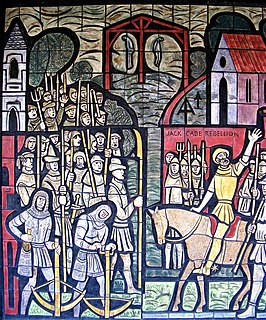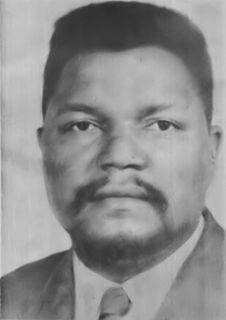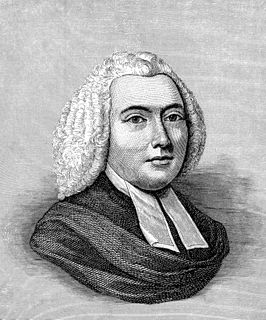A Quote by William Barclay
Self-defense is a part of the law of nature;
nor can it be denied the community,
even against the king himself.
Related Quotes
In the state of nature, wrong-doing is impossible; or, if anyone does wrong, it is to himself, not to another. For no one by the law of nature is bound to please another, unless he chooses, nor to hold anything to be good or evil, but what he himself, according to his own temperament, pronounces to be so; and, to speak generally, nothing is forbidden by the law of nature, except what is beyond everyone's power.
I have asserted the right of Negroes to meet the violence of the Ku Klux Klan by armed self-defense — and have acted on it. It has always been an accepted right of Americans, as the history of our Western states proves, that where the law is unable, or unwilling, to enforce order, the citizens can, and must act in self-defense against lawless violence.
Ignorance of the law of irreducibility was no excuse. I could no longer excuse myself with the claim that I didn't know the law -- for knowledge of self and of the world is the law that, even though unattainable, cannot be broken, and no one can excuse himself by saying that he doesn't know it. . . . The renewed originality of the sin is this: I have to carry out my unknowing, I shall be sinning originally against life.
We still talk in terms of conquest. We still haven't become mature enough to think of ourselves as only a tiny part of a vast and incredible universe. Man's attitude toward nature is today critically important simply because we have now acquired a fateful power to alter and destroy nature. But man is a part of nature, and his war against nature is inevitably a war against himself.
The king is as much bound by his oath not to infringe the legal rights of the people, as the people are bound to yield subjection to him. From whence it follows that as soon as the prince sets himself above the law, he loses the king in the tyrant. He does, to all intents and purposes, un-king himself.
Though violence is not lawful, when it is offered in self-defense or for the defense of the defenseless, it is an act of bravery far better than cowardly submission. The latter befits neither man nor woman. Under violence, there are many stages and varieties of bravery. Every man must judge this for himself. No other person can or has the right.
The fatuous idea that a person can be holy by himself denies God the pleasure of saving sinners. God must therefore first take the sledge-hammer of the Law in His fists and smash the beast of self-righteousness and its brood of self-confidence, self wisdom, and self-help. When the conscience has been thoroughly frightened by the Law it welcomes the Gospel of grace with its message of a Savior Who came-not to break the bruised reed nor to quench the smoking flax-but to preach glad tidings to the poor, to heal the broken-hearted, and to grant forgiveness of sins to all the captives.





































